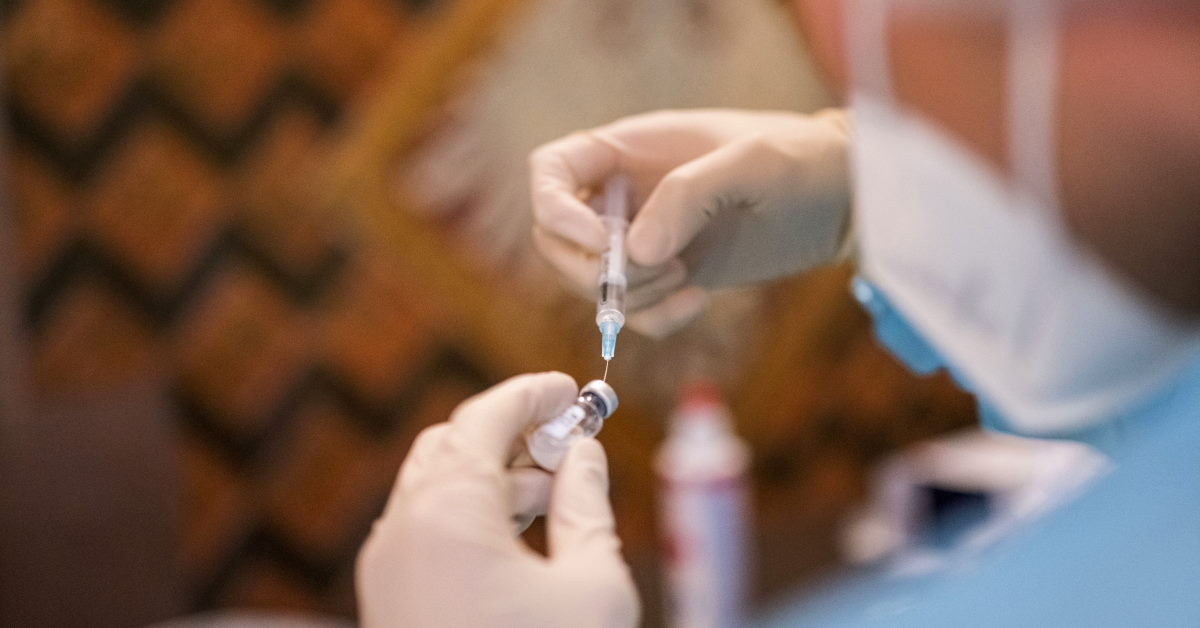A COVID vaccine that provokes an immune response through white blood cells has showed promise in trials, according to research Tuesday that provides new hope for people with compromised immune systems.
The jab, known as CoVac-1 and developed by a team at Germany's University of Tuebingen, was shown to produce a strong white blood cell – or T-cell – response in all 36 phase one trial participants.
T-cells are white blood cells that attack and neutralise whole infected cells. This is unlike an antibody response, provoked by traditional COVID-19 and other vaccines, which targets specific pathogens within the body directly.
This secondary immune response is potentially vital for patients with suppressed immune systems for whom existing COVID-19 vaccines on the market offer weaker levels of protection against severe disease.
Transplant recipients, for example, receive treatment to stifle antibody activity to prevent their bodies from rejecting the life-saving organ.
For them and others such as cancer patients, bypassing the antibody response and targeting T-cells may prove the best way to mount an immune response to COVID-19.
Participants in the trial were between 18 and 80 years old and received a single dose of the vaccine.
"CoVac-1 showed a favourable safety profile and induced broad, potent... T-cell responses," the study said, noting that the results were the same when tested against COVID variants.
The team reported that the strength of the T-cell response provoked by the jab was stronger than that which has been observed through infection with COVID.
The effects of the jab were seen to last up to three months, according to the research published in Nature.
The report said the very preliminary results support the already ongoing phase two trials being conducted in patients with immunodeficiencies.
Phase two trials typically contain larger cohorts than phase one and will likely provide important data on the vaccine's efficacy and safety for all types of patients.
"CoVac-1 may well serve as a (complementary) vaccine... particularly in elderly and immunocompromised individuals with impaired ability to mount sufficient immune responses after SARS-CoV-2 vaccination with currently approved vaccines," it added.
